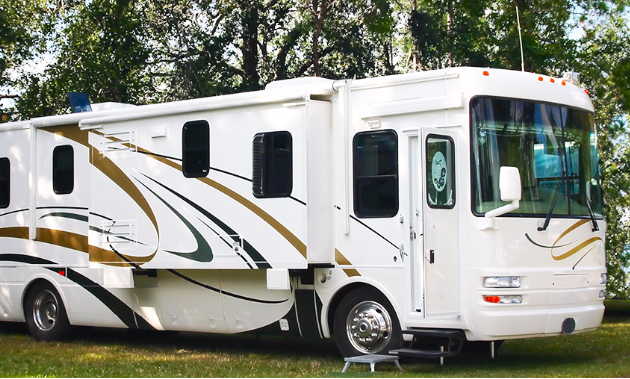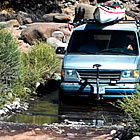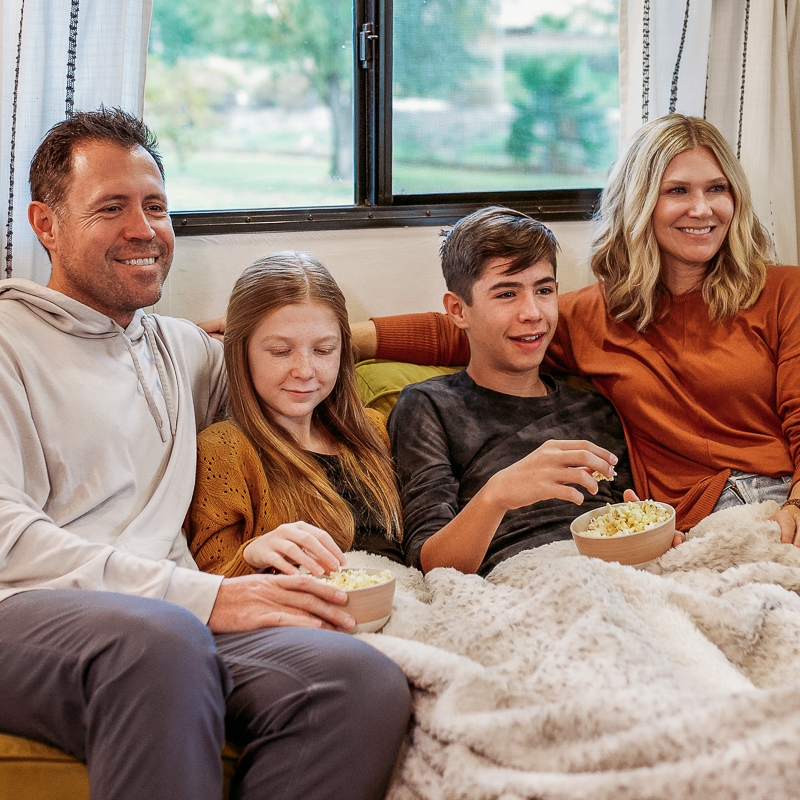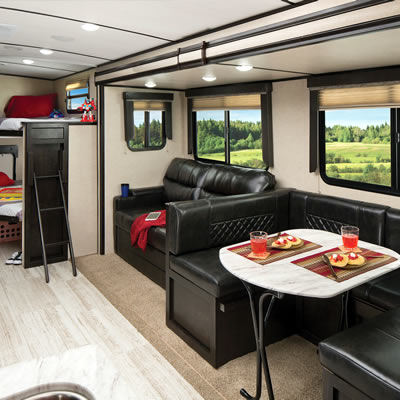Backup cameras can help avoid tragedies
A safety measure you can install

RV life gives you the freedom to see new places, meet new people and stop worrying about normal everyday responsibilities. However, your self-contained getaway is also a large, powerful vehicle that can do serious damage if you’re not prepared. Adding a backup camera to your RV is a great way to minimize your risks on the road and avoid tragedies in parking lots, campgrounds and driveways.
Of course, RVers know how to cut out unnecessary expenses, and do-it-yourself backup camera installations are more affordable than using professional services. Most backup cameras come with instruction manuals, and if you’re a visual learner, it may help to watch YouTube tutorials by fellow RV owners. However, even if you watch the actual installation of an RV backup camera, you should know there’s no one-size-fits-all method to guarantee a reliable connection and clear, accurate picture.
This two-part guide will help you select the right camera, install it the right way and make sure you’re getting the best possible quality from your investment.
Why you need a backup camera
Every vehicle has one or more blind spots. Even compact cars cannot rely solely on rear-view mirrors to show obstacles so you can back up safely. RVs and other large vehicles have especially large blind spots because they're bigger and have fewer mirrors. Fortunately, as screen and camera technology improves, more drivers are using backup cameras to increase their visibility. As the benefits of backup cameras become more clear, this optional addition is set to become a mandatory feature in all new vehicles.
Because backup cameras improve rear-view visibility so much—and because backup accidents claim more than 200 lives every year—the National Highway Traffic Safety Administration will require manufacturers to include backup camera systems in all new vehicles by May 2018. This law will guarantee visibility of the area directly behind cars, trucks, SUVs, vans and other light vehicles.
In fact, backup cameras actually provide more visibility than do three rear-view mirrors and an over-the-shoulder glance combined. The Insurance Institute for Highway Safety diagrammed this improvement on an SUV, mapping the range in which a toddler could be spotted from the driver’s seat. According to the measurements, only a backup camera on the vehicle’s rear could eliminate blind spots and guarantee visibility of the toddler behind the SUV.
How to choose the right backup camera
As camera technology improves and the benefits of rear visibility become more obvious, investing in a backup camera is a common sense upgrade for every camper. However, it’s important to make sure you choose a model that will work for your RV. As you consider the many options, pay attention to the following factors:
- Wired or wireless connection: Wireless cameras are easier to install, but wired systems are more reliable, especially if your camera will be on a towed vehicle or trailer.
- Weatherproof design: Your camera should be capable of seeing through moisture, dust, heat and other extreme weather and road conditions.
- Night vision: Visibility is especially important after sunset, and many backup camera kits come with LED lights that give you night-vision capabilities.
- Multiple views: Some camera monitors and dashboard screens have input options for up to four different backup cameras, giving you the option of adding 360-degree views now or later. Camera kits are perfect for RVs with no screens or wired connections for cameras, because they contain all the hardware components you‘ll need to retrofit your ride and monitor the space behind you at all times.
Article submitted by Camera Source.








